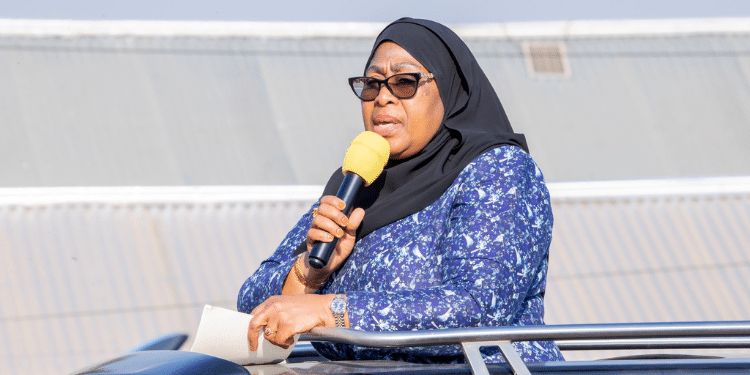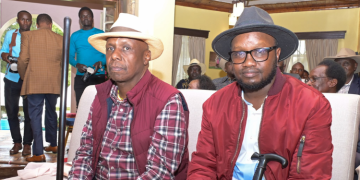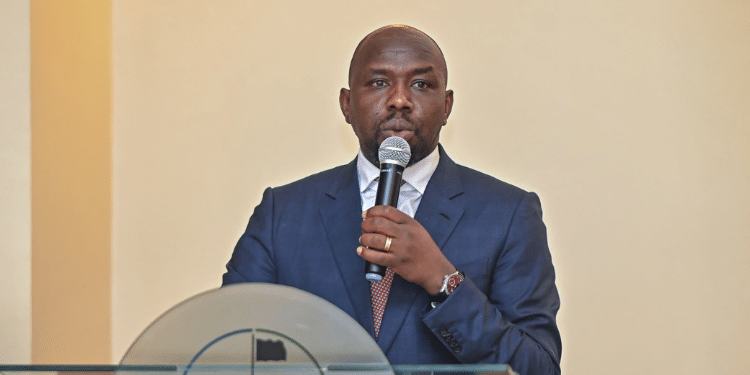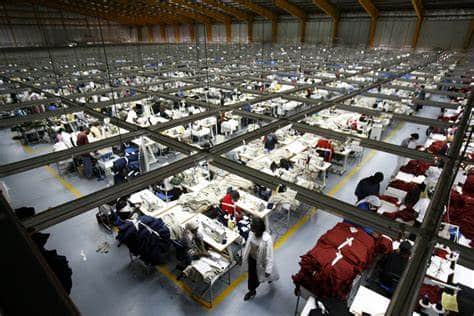Kenya is one of the 39 Sub-Saharan African countries that have qualified from the African Growth and Opportunity Act (AGOA).
AGOA is a United States Trade Act, enacted on 18 May 2000 as Public Law 106 of the 200th Congress which former US President Barack Obama extended to 2025.
The World Bank in one of its reports, ‘Kenya Apparel & Textile Industry’, noted that at Sh8.3 trillion, the US is the biggest apparel market. To qualify and remain eligible for AGOA, Kenya must promote economic policies to reduce poverty, increase the availability of healthcare and educational opportunities, expand physical infrastructure, promote the development of private enterprise, and encourage the formation of capital markets through micro-credit or other programs.
Unfortunately, companies benefiting from this magnanimous legislation are not from Kenya. Beneficiaries of this arrangement are mainly from the very countries former US President Mr Trump had blamed for stealing American jobs. Of the Sh8.3 trillion, Kenya only captured 0.38 per cent, an insignificant fraction compared to China’s 38 per cent.
Second, Kenya must also create a system to combat corruption and bribery, such as signing and implementing the Convention on Combating Bribery of Foreign Public Officials in International Business Transactions.
Dr Bitange Ndemo, an associate professor at the University of Nairobi’s School of Business and a former Permanent Secretary in the Ministry of Information and Communications, once said that Kenya needs a better way of dealing with the EPZ which has been riddled with “dishonesty.”
“We have to leverage big data to track. Meaning, if they say they shipped one million T-shirts, we must look at the capabilities that they were produced here and not produced in China and then routed through here,” says Ndemo who believes that some of the manufacturing is not done in Kenya. Kenya is a leader in garment manufacturing in Africa, where many manufacturers dump their waste because they lack a market to connect it to or a waste-to-value solution that is sustainable. Several not-for-profit initiatives founded by players in the for-profit EPZ ecosystem are making profits from purchase of textile waste deposited in landfills where most EPZ workers live.
Also Read: Gareth Evans: The Case for Recognizing Palestine
Thirdly, Kenya must promote protection of internationally recognized worker rights, including the right of association, the right to organize and bargain collectively, a prohibition on the use of any form of forced or compulsory labor, a minimum age for the employment of children, and acceptable conditions of work with respect to minimum wages, hours of work, and occupational safety and health.
Early in the year, workers of Hela Company, a garment company that manufactures lingerie for European and United States markets at the EPZA in Athi River downed their tools over new payroll from management. They accused the company of illegally transferring them and unlawfully sacking some of them.










































































